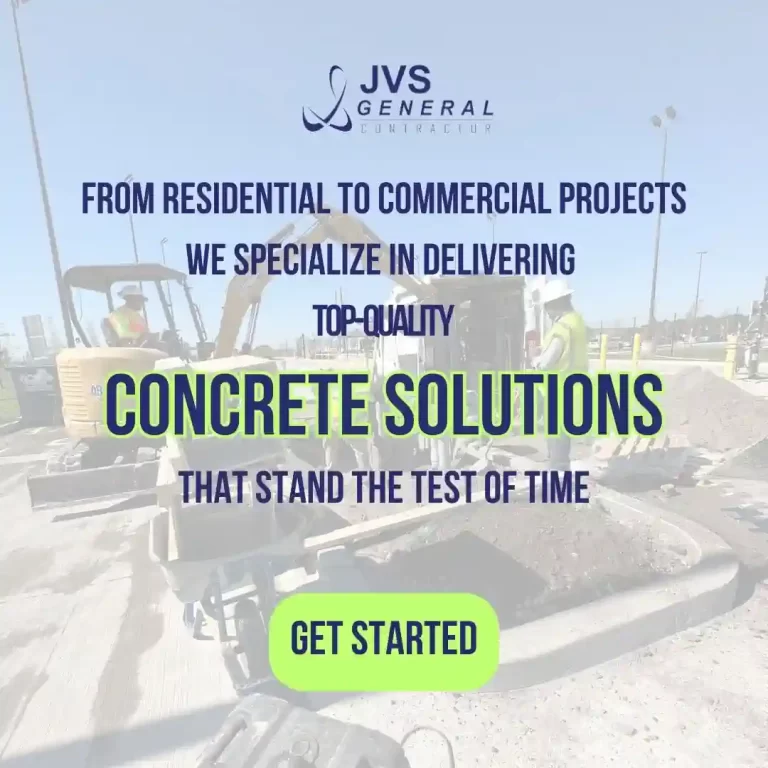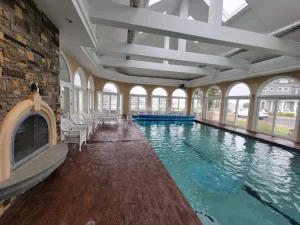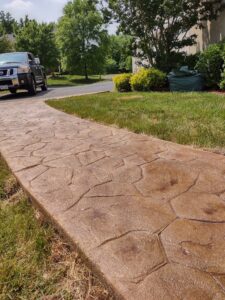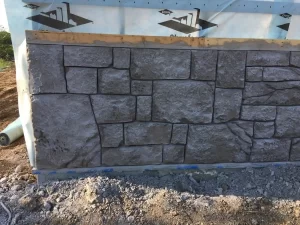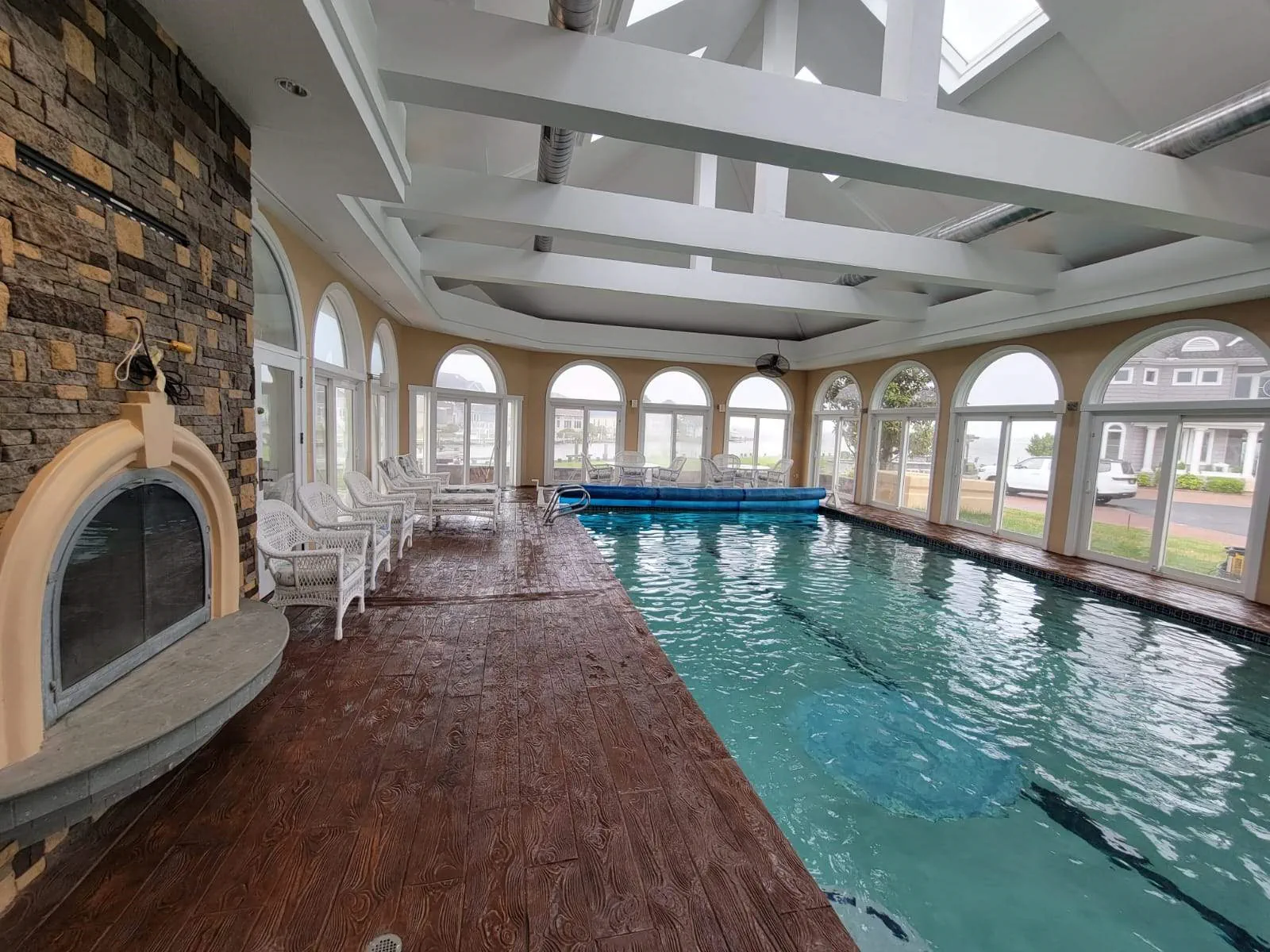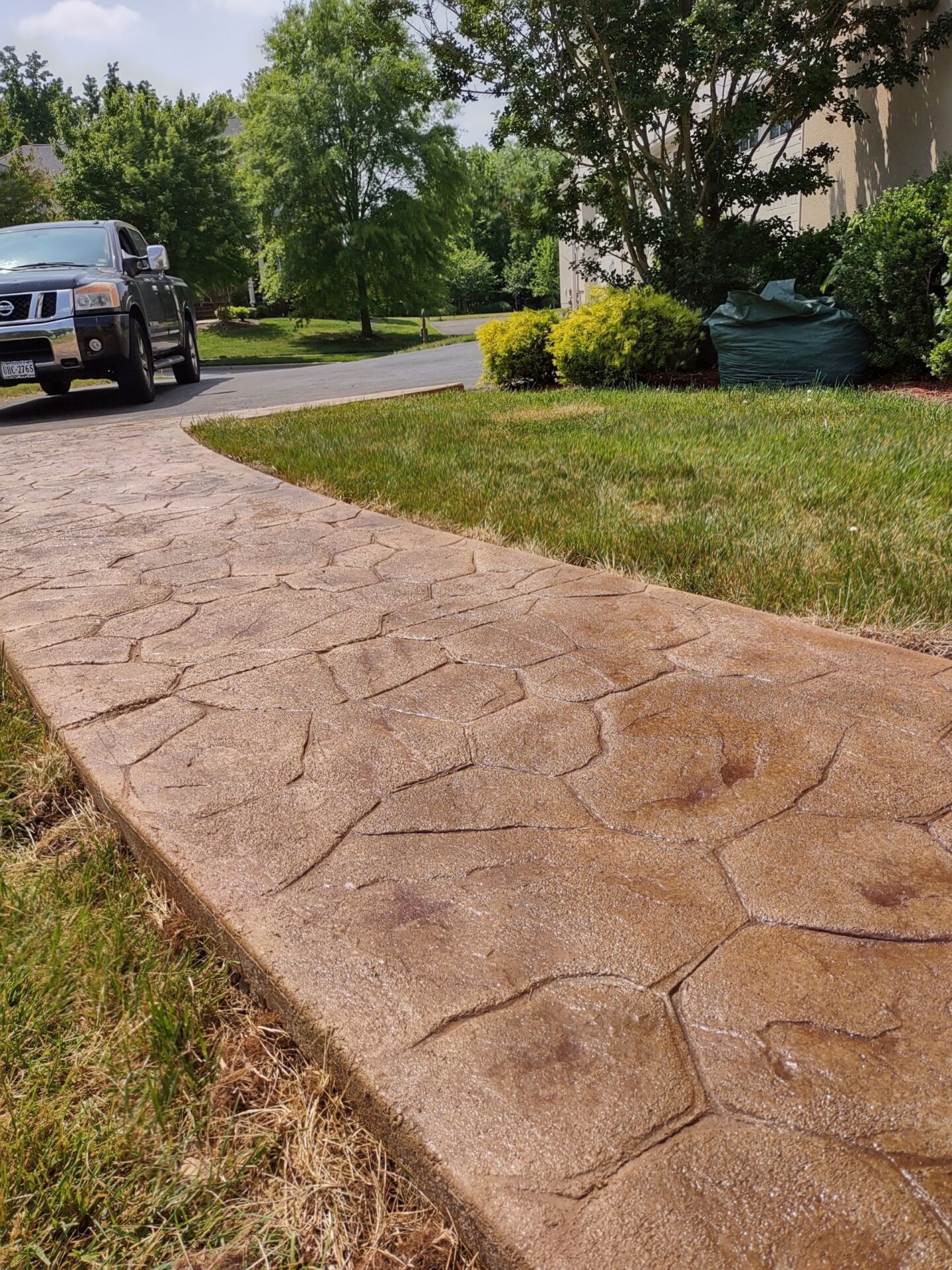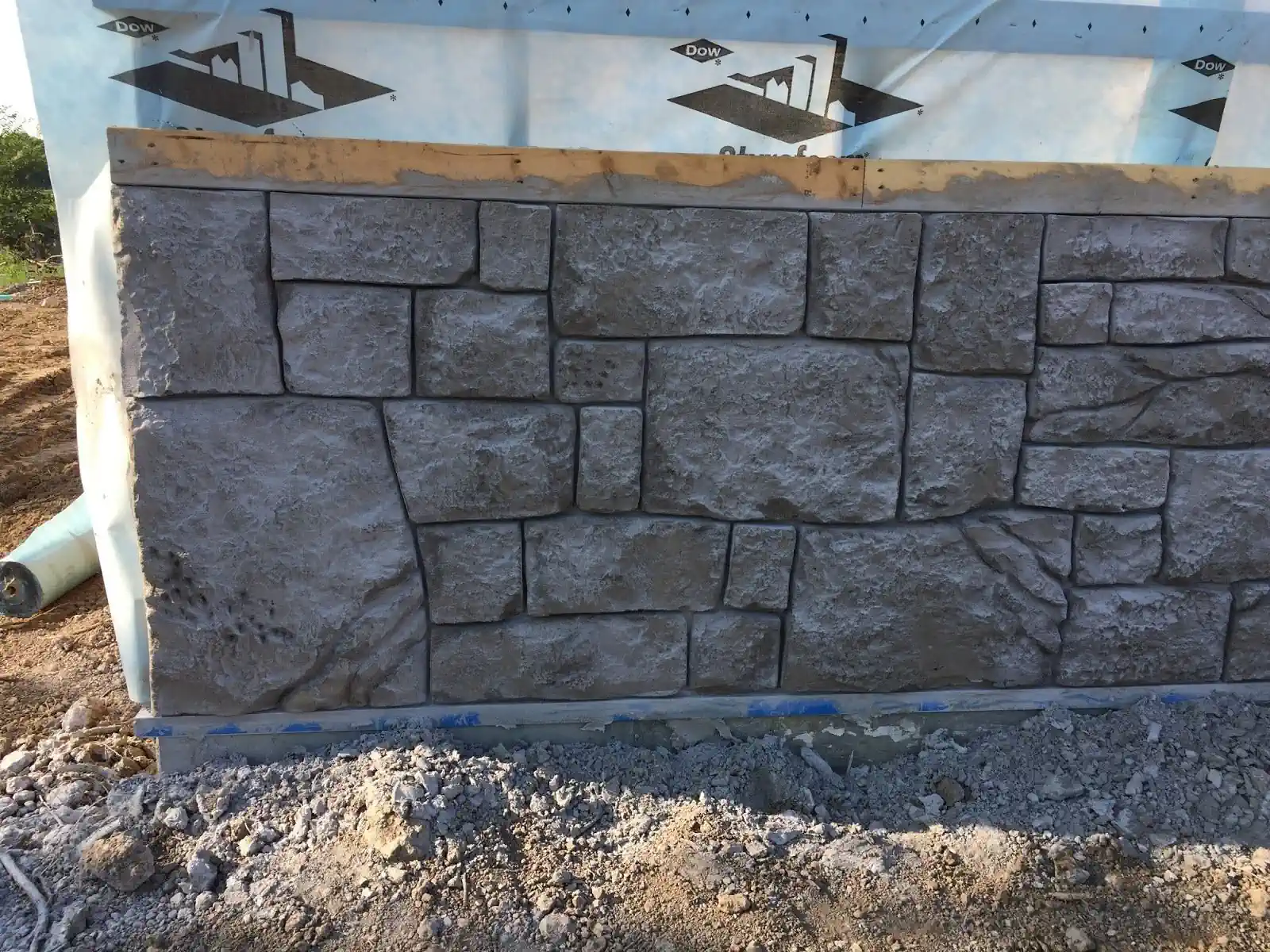Which One Will Make Your Neighbors Green with Envy?
Driveways are an essential component of any residential property, serving as the primary access point and often contributing to the overall aesthetic of a home. Two of the most common driveway materials are asphalt and concrete, each with its own unique characteristics and benefits. In this article, we will explore the pros and cons of asphalt and concrete driveways, helping you make an informed decision on the best option for your home.
Asphalt Driveways
Asphalt driveways are a popular choice among homeowners due to their cost-effective nature and easy installation process. These driveways are composed of a mixture of gravel, sand, and bitumen, a sticky black substance derived from petroleum.
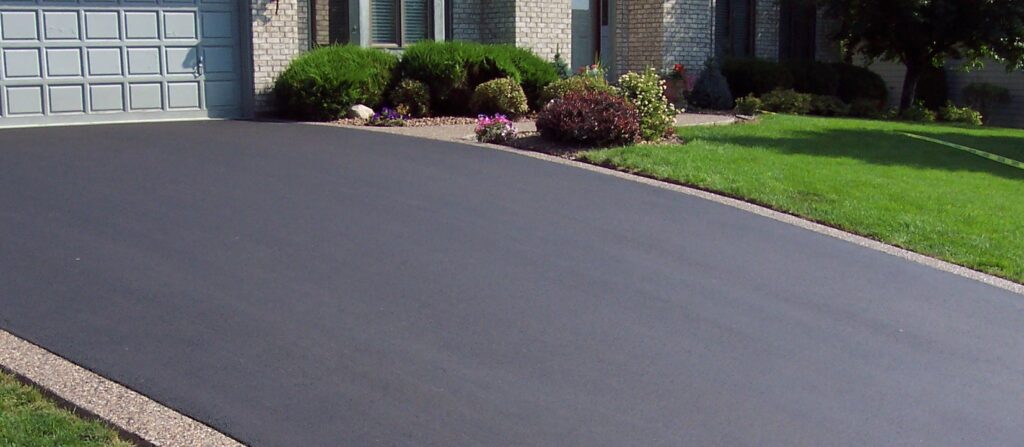
Advantages of Asphalt Driveways
- Cost-Effective: Asphalt driveways generally have a lower initial installation cost compared to concrete driveways.
- Ease of Installation: Asphalt can be laid quickly and efficiently, reducing the overall construction time.
- Flexibility: Asphalt driveways are more flexible, allowing for easier repairs and modifications as needed.
- Aesthetic Appeal: Asphalt driveways can be finished with a smooth, uniform appearance, and they come in a variety of color options.
- Performance in Cold Climates: Asphalt performs well in colder climates, as it is less prone to cracking and weathering in freezing temperatures.
Drawbacks of Asphalt Driveways
- Limited Durability: Asphalt driveways have a shorter lifespan compared to concrete, typically lasting 12-20 years with proper maintenance.
- Maintenance Requirements: Asphalt driveways require more frequent maintenance, such as sealcoating and pothole repairs, to maintain their appearance and functionality.
- Susceptibility to Stains and Oil Leaks: Asphalt can be more prone to staining and discoloration from oil or chemical spills.
Concrete Driveways
Concrete driveways are a more durable and long-lasting option, made from a mixture of cement, water, sand, and gravel.
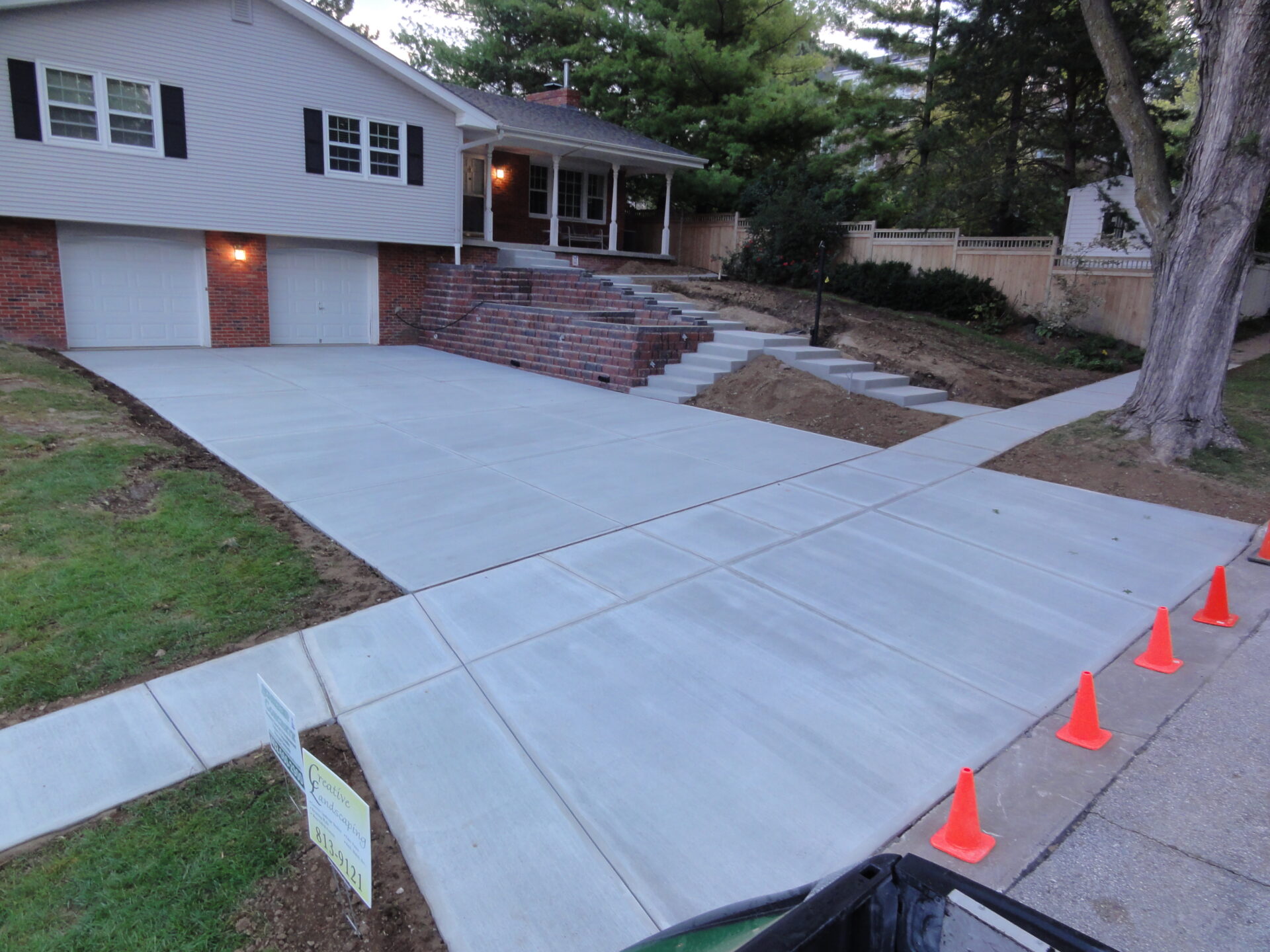
Advantages of Concrete Driveways
- Increased Durability: Concrete driveways have a significantly longer lifespan, often lasting 30-50 years with proper care.
- Lower Maintenance: Concrete driveways require less maintenance compared to asphalt, typically only needing periodic cleaning and sealing.
- Resistance to Weathering: Concrete is more resistant to cracking, fading, and weathering, making it a suitable choice for various climates.
- Improved Resistance to Stains and Spills: Concrete is less prone to staining and discoloration from oil, gas, or other chemical spills.
- Aesthetic Versatility: Concrete can be stamped, colored, or textured to achieve a wide range of aesthetic styles, allowing for greater design flexibility.
Drawbacks of Concrete Driveways
- Higher Initial Cost: The installation of a concrete driveway typically has a higher upfront cost compared to an asphalt driveway.
- Difficulty in Repairs: Repairing a concrete driveway can be more challenging and may require more extensive work, such as patching or full slab replacement.
- Susceptibility to Cracking in Extreme Temperatures: Concrete can be more prone to cracking in areas with significant temperature variations or heavy freeze-thaw cycles.
Factors to Consider When Choosing
When deciding between an asphalt or concrete driveway, several key factors should be taken into account:
- Climate and Environmental Conditions: The local climate, including temperature extremes, precipitation levels, and freeze-thaw cycles, can significantly impact the performance and lifespan of the driveway material.
- Available Budget: Understand your budget for the initial installation and long-term maintenance, as this will heavily influence the choice between asphalt and concrete.
- Aesthetic Preferences: Consider the desired visual appearance and how it aligns with the overall design and architecture of your home.
- Expected Usage and Traffic: Evaluate the anticipated frequency and intensity of use, as high-traffic or heavy-duty driveways may benefit more from the durability of concrete.
- Desired Lifespan: Determine the minimum lifespan you require for your driveway, as this will help guide the choice between the relatively shorter-lived asphalt or the more durable concrete option.
Both asphalt and concrete driveways have their unique advantages and disadvantages. Asphalt driveways offer a cost-effective and flexible solution, while concrete driveways provide superior durability and reduced maintenance over the long term. By carefully considering your specific needs, budget, and preferences, you can make an informed decision on the best driveway material for your home. Ultimately, the choice between asphalt and concrete will depend on your individual circumstances and the priorities you place on factors such as cost, longevity, and aesthetics.
